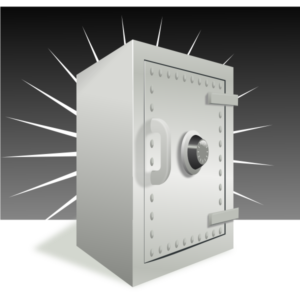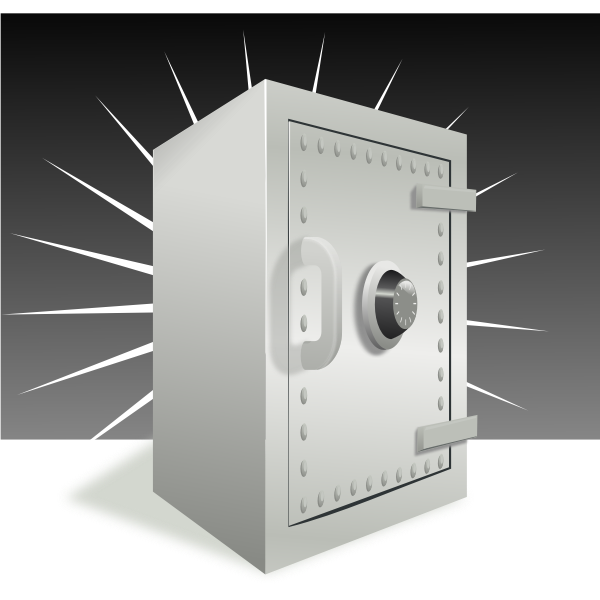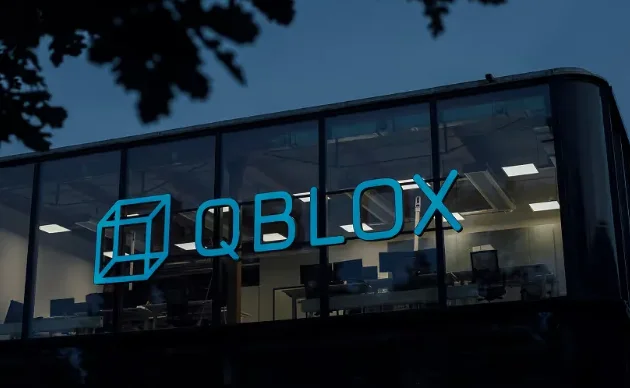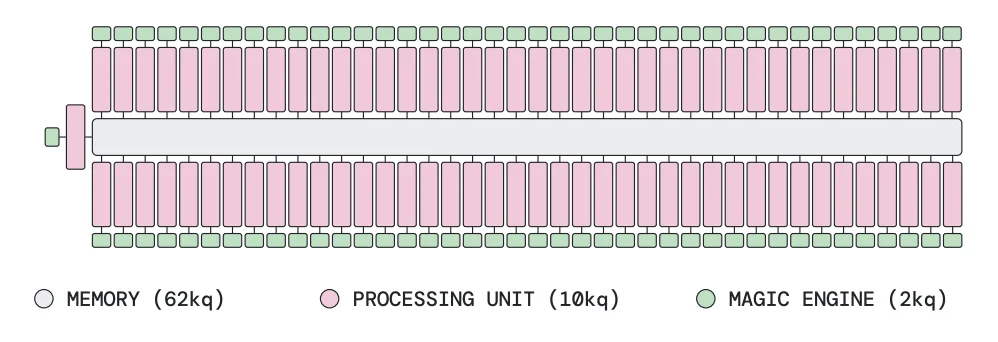
A team of Moscow State University-led researchers have theoretically shown that quantum information can be kept safe from errors just like classical information, according to Quanta Magazine.
The team — led by Pavel Panteleev and Gleb Kalachev of Moscow State University — released its findings in ArXiv, a preprint server.
This could be good news for quantum computing, the researchers report. Information in a quantum computer is subjected to all kinds of environmental noise that can cause errors in the very sensitive quantum states.
In the study, the researchers combined two classical methods and invented new techniques on their own. Prior to this study, most methods to keep quantum information safe from errors could not compete with the reliable and efficient methods of classical computers.

One of the challenges facing engineers is the challenge of increasing qubits without increasing the size and complexity of quantum computers. This research suggests a path forward to maintain quantum data performance stable as the number of qubits increase in a quantum computer. Quantum startups are now hedging that research, like this, could help lead the way to relatively complex, easy-to-maintain devices, relatively speaking.
The work is preliminary and still theoretical, but researchers are intrigued with the possibilities.
“It brings the theoretical quality of these quantum codes to the point that has existed in classical coding for a long time,” Naomi Nickerson of PsiQuantum told Quanta Magazine.
For more market insights, check out our latest quantum computing news here.













